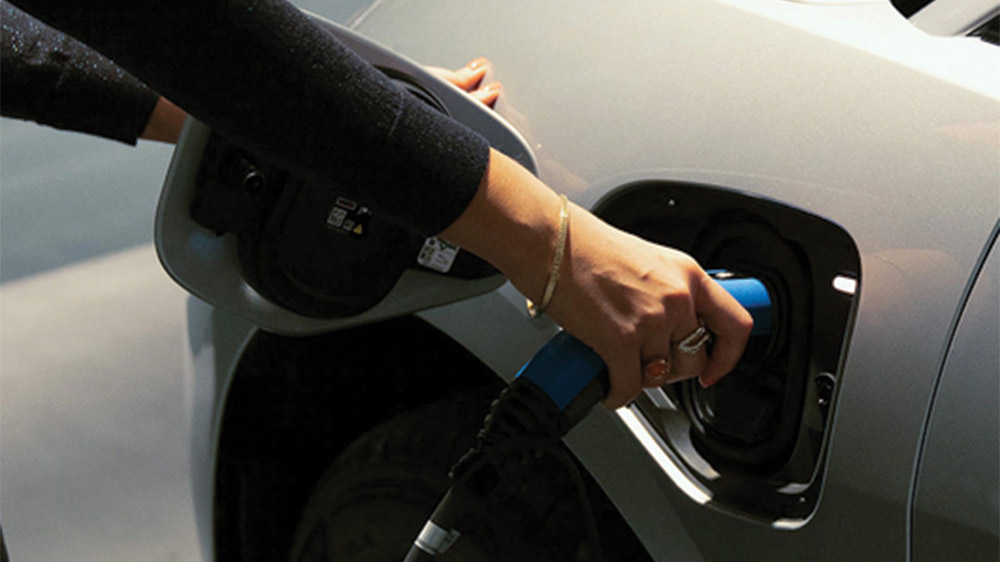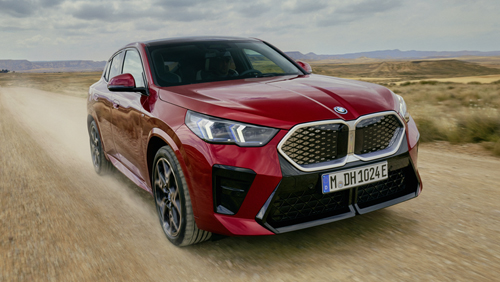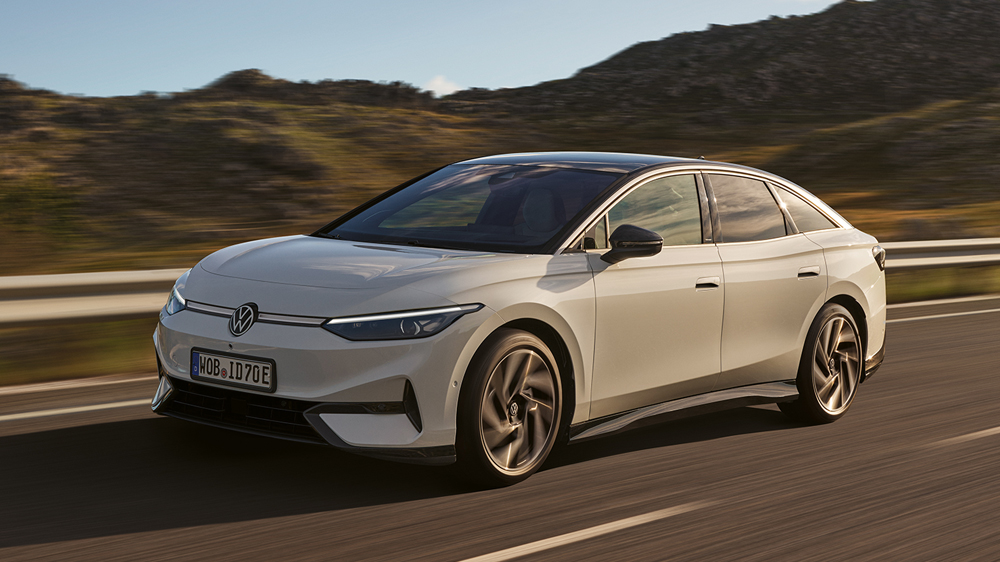Helping you choose an electric or hybrid vehicle at Group 1
Why drive an all-electric vehicle?
Instead of a traditional combustion engine, an all-electric car is powered solely by an electric motor, which is battery-powered. Some of the benefits include:
- Electricity is significantly cheaper than petrol and diesel
- Electric motors produce zero driving CO2 emissions
- With less weight, electric cars are more energy-efficient than traditional cars
- No fuel duty is incurred on electricity used for recharging
- Zero emission vehicles valued under £40,000 are exempt from Vehicle Excise Duty (VED)
- Lower VAT (5%) is applied to the electricity used in recharging
How much do electric cars cost to run?
Fully electric cars are currently VED road tax-exempt, which can bring big savings over the years.
How much do electric cars cost to service?
Electric cars are a lot less to service and repair as they have fewer moving parts and fewer items prone to wearing out over time. Most regular service plans focus on ensuring the battery and electric drivetrain work as intended. Often, the charging cable is checked for damage, tears and performance (and will be replaced, if necessary), while the battery is also checked for charge level.
What is the difference between fast charging and rapid charging?
All fast chargers rated between 7kW and 22kW can fully recharge small electric vehicles in three to four hours.
Rapid chargers are quicker still, and there are two kinds. Rapid AC charging just uses more power (43kW), while rapid DC chargers supply DC current straight to the car, allowing the car to charge at 50kW. Tesla’s Supercharger network works at a much higher 120kW power.


Why drive a hybrid vehicle?
If you’re looking to enjoy the best of both worlds, a Plug-in Hybrid Electric Vehicle (PHEV) is just the car you need. Offering both a combustion engine, powered either by petrol or diesel, and a battery-powered motor for assistance or pure electric driving.
PHEVs provide a raft of specific benefits these include:
- Plug-in Hybrids are classed as low emission vehicles
- Savings on annual road tax or company car tax
- Electricity is cheaper than petrol or diesel
- Almost silent driving experience
Are there different types of hybrids?
There are three different types of hybrids available in the UK: mild hybrid, full hybrid and plug-in hybrid (PHEV):
- A mild hybrid car combines a traditional petrol or diesel engine with a small electric motor to help reduce emissions and improve fuel economy.
- A full hybrid vehicle combines an electric motor and a battery pack with a conventional gasoline engine. A full hybrid is also known as a self charging hybrid, these charge whilst you are driving and harvest energy from when you brake. This energy is then stored in the battery and the electric motor can be used to power the car on its own or in combination with the petrol engine.
- A PHEV is combining an electric motor with a conventional gasoline engine - but with a much bigger battery. As the name suggests, a PHEV must be plugged into a power source in order to charge the battery. A PHEV can travel further using only electric power, with most PHEVs offering an electric-only range of around 30 miles.
It is estimated that the battery in a hybrid vehicle is expected to last 10 to 20 years before it needs to be replaced, however, this is dependant on its extended use. Just like the battery in your mobile phone or laptop, the batteries in a hybrid vehicle will inevitably lose some of its capacity over extended use.
Are hybrid cars manual or automatic?
To seamlessly combine the electric motor with the internal combustion engine, almost all hybrid vehicles have an automatic gearbox.
Calculate how much you can save with an EV Vehicle
Calculate your BMW fuel savings
Choose a BMW Plug-in Hybrid or BMW Electric vehicle that best suits your style and see what you could save. Compare a BMW Plug-in Hybrid vehicle against a similar BMW petrol or diesel model across three pre-selected average journeys.
Calculate your MINI fuel savings
Enter postcodes of a typical journey or use the slider below to specify the mileage of your trip.
Calculate your Audi fuel savings
Compare the running cost and key features of any Audi vehicle with your own car and any other brand.
Calculate your Volkswagen fuel savings
Simulate your individual consumption costs of owning an electric Volkswagen.
Calculate your Mercedes-Benz fuel savings
You can now compare the annual operating costs of your current vehicle to an electric Mercedes-Benz.
Calculate your Toyota fuel savings
Discover what Toyota suits you best, simply answer 3 questions.
 Electric/Hybrid Blogs
Search the latest blogs on electric/hybrid cars
Browse the latest guides and news
Electric/Hybrid Blogs
Search the latest blogs on electric/hybrid cars
Browse the latest guides and news



















